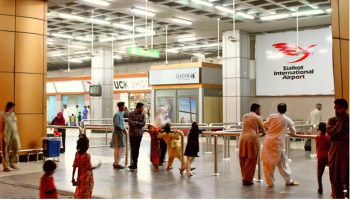
Pakistan's plans to sell cheaper electricity to crypto-mining and data centres and other large users have been halted, as the International Monetary Fund (IMF) has objected and also raised issues with targeted subsidies.
The government wanted high-energy-user companies that can utilise excess electricity during the winter months (including cryptocurrency miners and information technology infrastructure centres) to benefit from the cheaper electricity.
Secretary Power, Dr Fakhray Alam Irfan, told the Senate Standing Committee on Power in Islamabad that the IMF had objected to the proposal in no uncertain terms.
"Though the proposal has not been withdrawn, it has been put on hold to assess with the World Bank and other lenders," stated Dr Irfan.
He further stated that the government is actively trying to find a way to offload excess electricity while complying with international agreements.
Cryptocurrency mining and data centres use a lot of electricity to load, process and store data, and opportunities for cheaper electricity that are less in demand through the year were the policy to attract investments.
However, due to the IMF objection, the proposal is suspended at this moment.
Senators also voiced apprehensions about the agreement with banks to settle the recently raised Rs275 trillion circular debt.
However, one senator described how banks were allegedly coerced into the agreement, a claim the power secretary firmly refuted.
As for the domestic situation, more than 500,000 consumers have downloaded the "Apna Meter Apni Reading" app, created to eliminate excessive billing. The app will also soon be rolled out to K-Electric customers.
Despite people paying their bills in full, several senators criticised persistent load shedding and accused the company of requesting bribes for reconnections.
The secretary explained that load shedding is done in areas that incur more than 20% loss to the system.
Notably, 58% of users pay a subsidised Rs10/unit. This year, with approval from lenders, the government will provide Rs250 billion in subsidies and additional funding for anti-theft technologies.
















